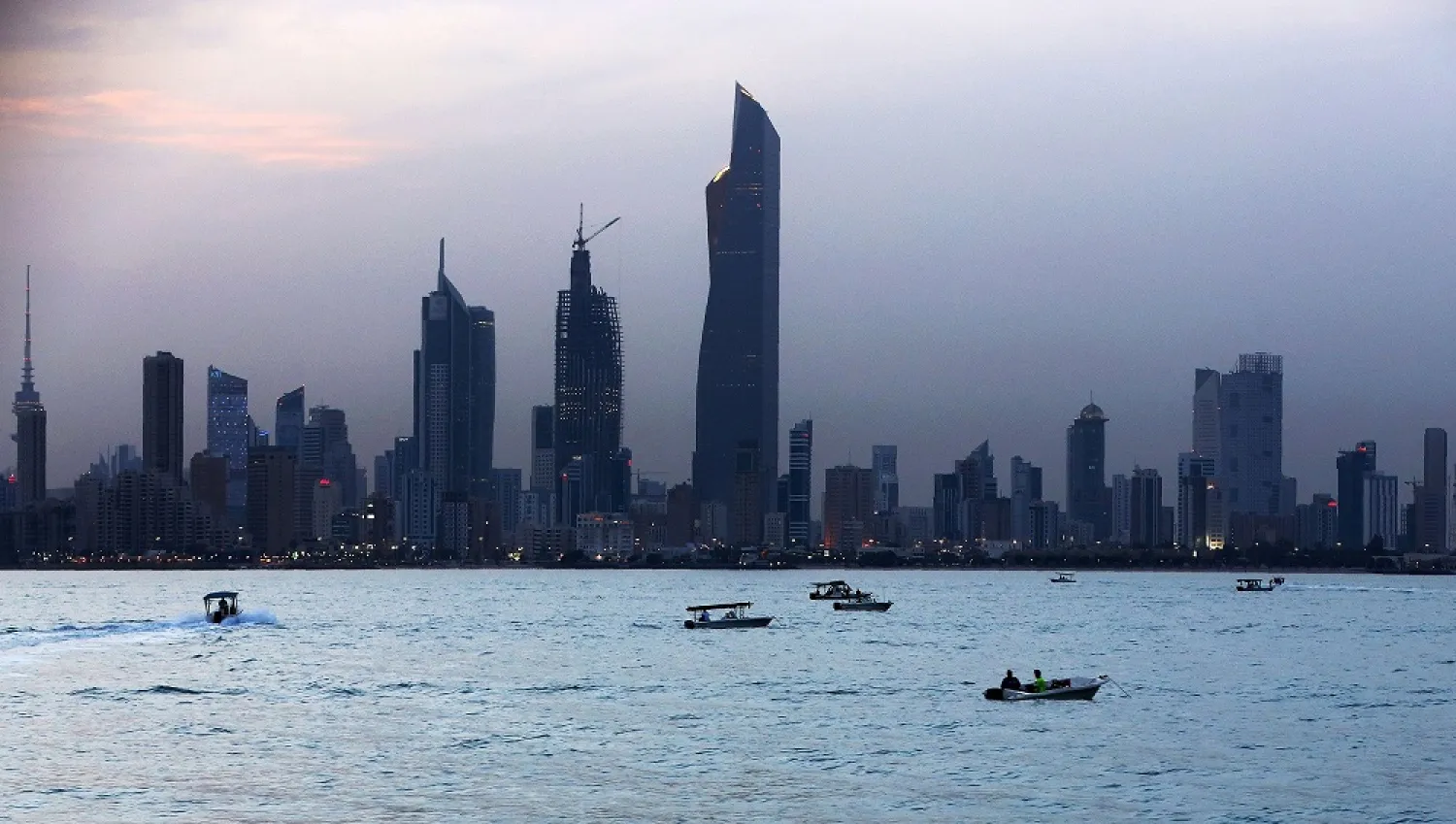Kuwait’s Deputy Prime Minister and Minister of Oil, Electricity, Water and Renewable Energy Dr. Mohammad Al-Fares, said that "Kuwaitization" as a policy is approved by the Kuwait Petroleum Corporation (KPC) and all necessary measures will be taken to "Kuwaitize" the oil sector.
In response to a parliamentary question about the reason for renewing the contracts of non-Kuwaiti engineers in the KPC, he explained that the Kuwaitization procedures for the sector will take place in two phases.
The first phase begins with direct employment. Two thousand Kuwaitis were employed during the past year, reported the state news agency (KUNA).
The second phase is the Kuwaitization of the private sector represented by contractor companies, equivalent to 30 percent of workers in the sector.
Al-Fares stressed the government's interest in appointing engineering graduates at the ministry, whether university students or diploma holders.
The optimum utilization of engineers in water production plants was reviewed, added Al-Fares, pointing out the preparation of an integrated plan to develop the sector and upscale engineers.
He underscored the ministry's commitment to the decision of the Civil Service Council regarding the dismissal of resident workers and their replacement with Kuwaiti engineers and technicians.
Kuwait has a strategic plan to increase the oil output to 3.2 million barrels per day by 2025 and 4 million bpd by 2035 and to maintain this level by 2040.









